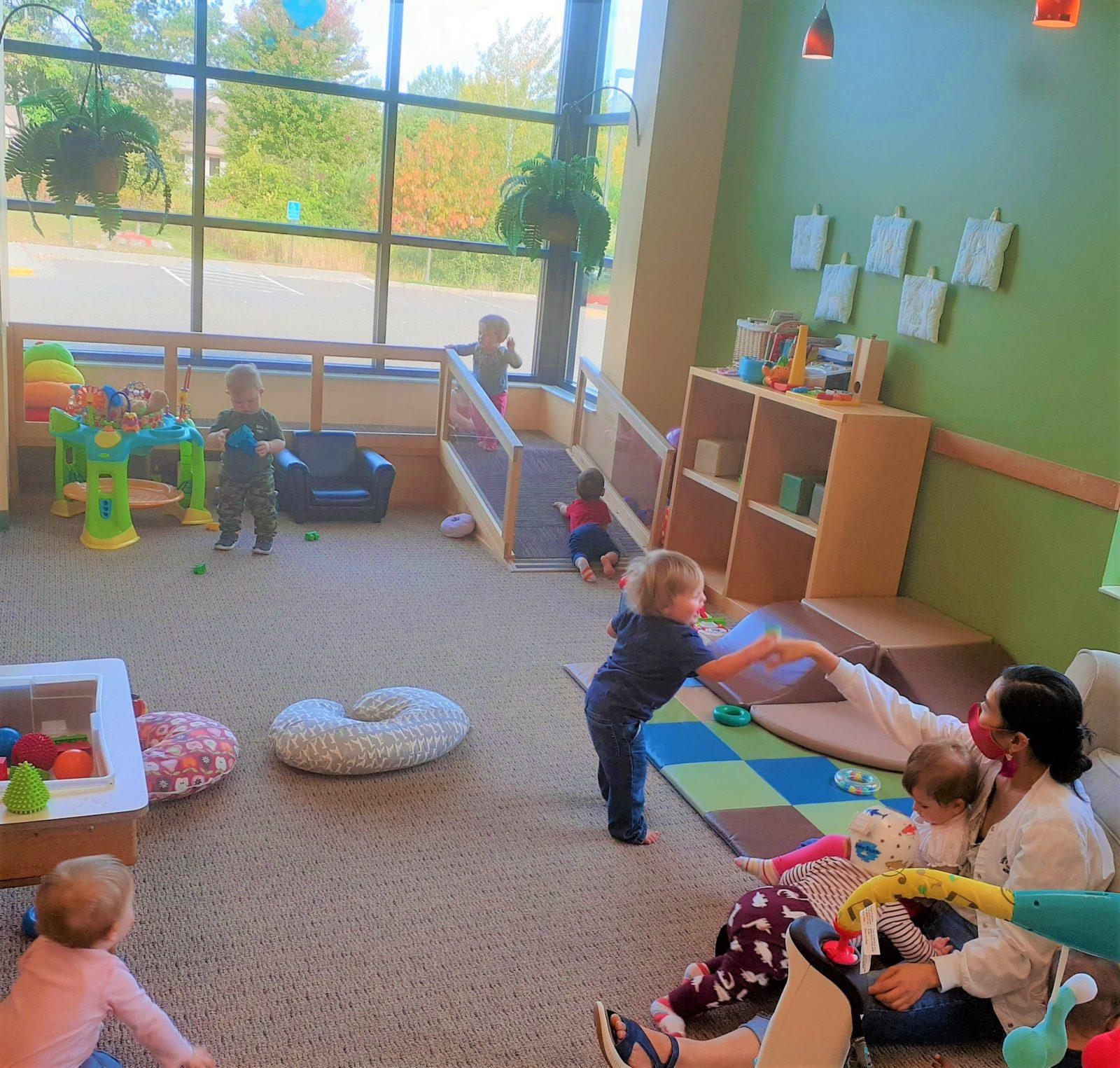
Baby Day Care Centers: A Comprehensive Guide for Parents
Introduction
The decision to place your precious little one in a day care center is a momentous one, filled with both excitement and trepidation. As a parent, you want to ensure that your child receives the best possible care and nurturing environment while you’re away. Baby day care centers offer a range of services and benefits that can support your child’s development and well-being. This comprehensive guide will delve into the various aspects of baby day care centers, empowering you to make an informed decision that meets your family’s unique needs.
Types of Baby Day Care Centers
There are several types of baby day care centers, each with its own distinct approach and philosophy.
- Center-Based Day Care: These facilities are typically located in commercial buildings or dedicated centers and provide care for a large number of children. They offer a structured environment with a variety of activities and resources.
- Home-Based Day Care: As the name suggests, these day cares are operated out of a private home. They provide a more intimate and home-like setting with a smaller number of children.
- Nanny Day Care: Nannies provide in-home care for a single family. They offer personalized care and flexibility, but can be more expensive than other options.
- Montessori Day Care: Montessori day cares follow the Montessori method of education, which emphasizes hands-on learning, independence, and respect for the child’s natural development.
- Waldorf Day Care: Waldorf day cares are inspired by the Waldorf educational philosophy, which focuses on holistic development, creativity, and imagination.
Choosing the Right Day Care Center
Selecting the right day care center for your baby is crucial. Here are some key factors to consider:
- Location and Hours: Choose a center that is conveniently located and offers hours that align with your work schedule.
- Licensing and Accreditation: Ensure that the center is licensed by the state and accredited by a reputable organization, such as the National Association for the Education of Young Children (NAEYC).
- Staffing: Observe the staff’s interactions with the children. They should be warm, caring, and experienced.
- Curriculum: Inquire about the center’s curriculum and activities. It should be age-appropriate and promote the child’s cognitive, physical, and social development.
- Health and Safety: Inspect the center’s cleanliness, safety measures, and emergency procedures.
- Cost: Determine the cost of care and any additional fees, such as registration or supply charges.
Benefits of Baby Day Care Centers
Enrolling your baby in a day care center offers numerous benefits:
- Socialization: Day care provides opportunities for your child to interact with other children, develop social skills, and learn how to share and cooperate.
- Cognitive Development: Day care centers provide structured activities and learning experiences that stimulate your child’s cognitive development, language skills, and problem-solving abilities.
- Physical Development: Day care offers ample space for your child to move around, play, and develop their gross and fine motor skills.
- Emotional Development: Day care provides a safe and nurturing environment where your child can feel loved, supported, and secure.
- Convenience: Day care centers offer a convenient and flexible solution for working parents who need reliable childcare.
Preparing Your Baby for Day Care
To ensure a smooth transition for your baby, consider the following tips:
- Start Gradually: Begin by leaving your baby for short periods to gradually accustom them to the new environment.
- Pack Familiar Items: Bring a favorite toy, blanket, or pacifier to provide comfort and familiarity.
- Establish a Routine: Stick to a consistent routine at home and day care to help your baby adjust.
- Communicate with the Staff: Share important information about your baby’s needs, preferences, and any special instructions.
- Stay Positive: Your baby will sense your confidence and enthusiasm, which will help them feel more comfortable.
Monitoring Your Baby’s Progress
Once your baby is enrolled in day care, it’s essential to monitor their progress and well-being.
- Regular Check-Ins: Schedule regular meetings with the staff to discuss your baby’s development, behavior, and any concerns.
- Observation: Observe your baby’s interactions with the staff and other children to assess their comfort level and happiness.
- Communication: Maintain open communication with the staff to stay informed about your baby’s daily activities and any changes in their behavior.
- Trust Your Instincts: If you have any concerns about your baby’s well-being, don’t hesitate to address them with the staff or seek professional advice.
Conclusion
Choosing the right baby day care center is a significant decision that requires careful consideration. By understanding the different types of day cares, evaluating their key features, and preparing your baby for the transition, you can create a positive and nurturing environment for your child to thrive. Remember, the best day care center is one that aligns with your family’s values, provides a safe and stimulating environment, and supports your baby’s overall development.
